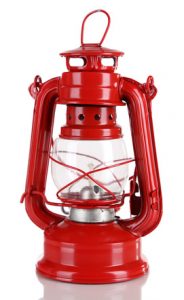Monday 25 July, 2016
Many Engines Aside from Cars Use Diesel Fuel
 If you have a wide variety of vehicles on your property, having your own small supply of diesel fuel may be necessary. Diesel fuel powers a lot of different vehicles, aside from cars and small trucks on the road. Should you have large trucks or farming equipment, then diesel fuel is likely an important part of your existence. Here are some of the things you need to know about using diesel fuel.
If you have a wide variety of vehicles on your property, having your own small supply of diesel fuel may be necessary. Diesel fuel powers a lot of different vehicles, aside from cars and small trucks on the road. Should you have large trucks or farming equipment, then diesel fuel is likely an important part of your existence. Here are some of the things you need to know about using diesel fuel.
What Makes Diesel Fuel Different
Diesel fuel engines are created slightly different than gasoline engines. They do not need to have spark plugs because diesel fuel ignites differently, and diesel fuel is also thicker than gasoline. That is what makes diesel an ideal option for larger engines, such as those in trains, combines, boats, buses, and heavy-duty generators.
Over recent years, the levels of sulfur that has been allowed to remain in diesel fuel has been drastically reduced, with the current maximum being 15ppm, or parts per million. This means that no matter what engine you are putting diesel fuel in, it is now burning cleaner than it was ever required to do before. Continue reading ‘Many Engines Aside from Cars Use Diesel Fuel’ »
|








0